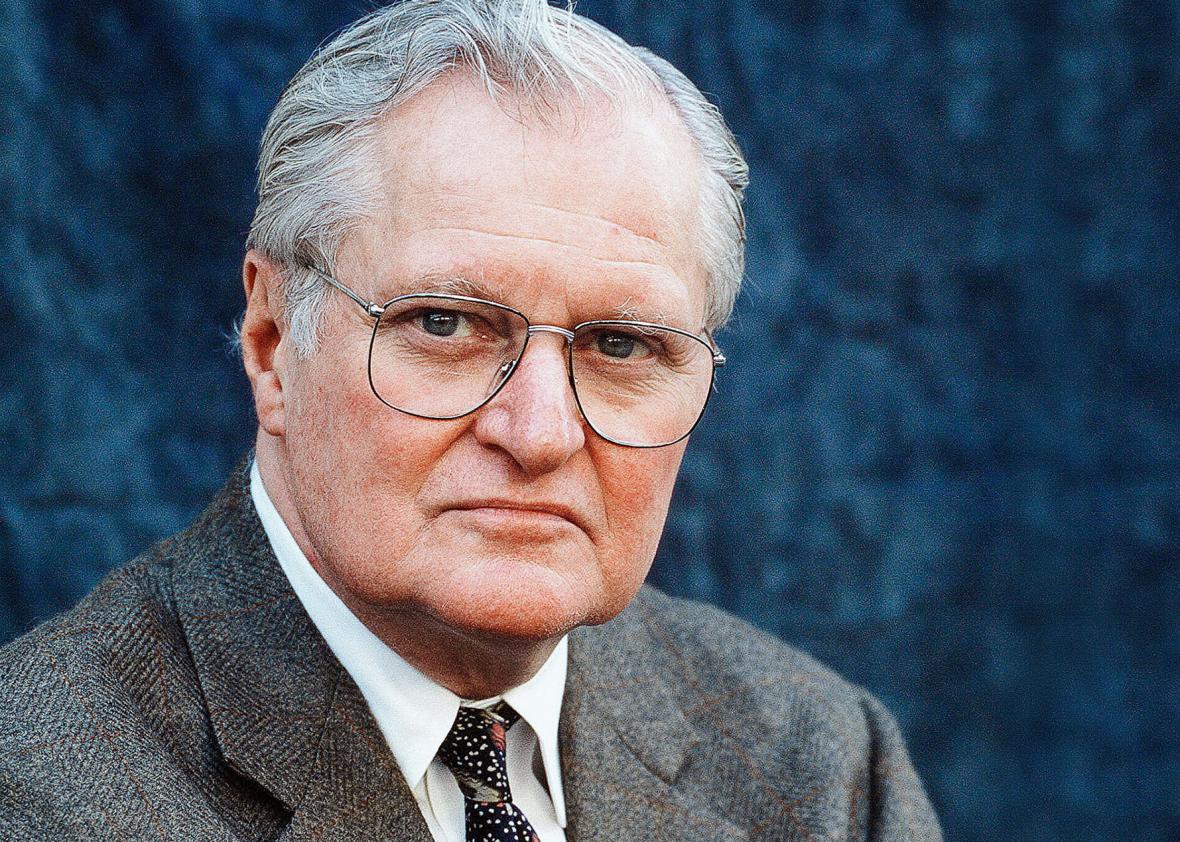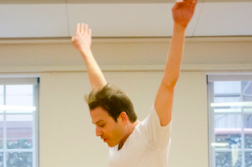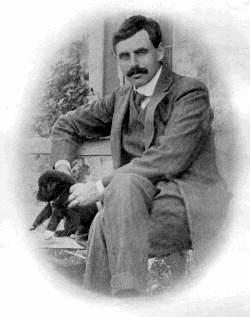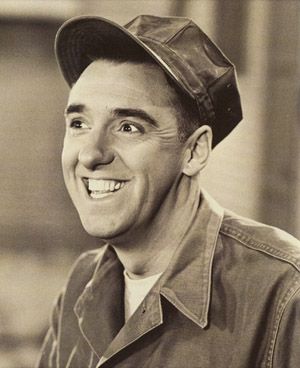IT’S THE SUMMER of 1973. I’m enjoying a weekend with David Kalstone and Edmund White at James Merrill’s house in Stonington, CT. In those years Jimmy spent his summers in Greece, and David would stay in 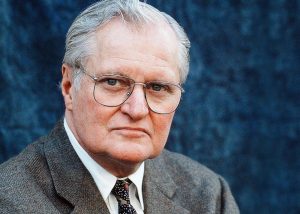 the Connecticut house. He was among Jimmy’s closest friends. He also knew John Ashbery well—in fact, they lived just opposite each other on W. 22nd Street in Manhattan. After dinner on Saturday night, David announced he’d received a long poem from John and wanted to know if he should read it to us. We said “Sure, absolutely.” The poem he read was “Self-Portrait in a Convex Mirror.” After he’d concluded with the final lines, “Here and there, in cold pockets/ Of remembrance, whispers out of time,” we sat silently, blinking at each other. We’d never heard anything like it. If you can think of one of those moments in your life when you first encountered some masterwork of art, music or poetry and summon up what you felt at that moment, that’s how we felt.
the Connecticut house. He was among Jimmy’s closest friends. He also knew John Ashbery well—in fact, they lived just opposite each other on W. 22nd Street in Manhattan. After dinner on Saturday night, David announced he’d received a long poem from John and wanted to know if he should read it to us. We said “Sure, absolutely.” The poem he read was “Self-Portrait in a Convex Mirror.” After he’d concluded with the final lines, “Here and there, in cold pockets/ Of remembrance, whispers out of time,” we sat silently, blinking at each other. We’d never heard anything like it. If you can think of one of those moments in your life when you first encountered some masterwork of art, music or poetry and summon up what you felt at that moment, that’s how we felt.
Three years earlier I’d begun getting acquainted with John’s poetry after reading Richard Howard’s essay about it in his book Alone with America. Ed had introduced me to John at a gallery opening in 1972, or maybe it was early in 1973. He was soft-spoken and rather shy, with mobile eyes and restrained body language. I liked him immediately but certainly didn’t presume to think we were friends merely because of that meeting. Things began to change when David decided to give a “birthday party for Leos” at his apartment. (He and John shared a late July birthday and mine came in mid-August.) David also invited another Leo, the painter Darragh Park, who knew John and who also lived on West 22nd. I hadn’t met Darragh before, but we soon became friends, and a painting of his was used for the cover of my second book.
Let me stop at this point, just in case it isn’t obvious: All the people I’ve mentioned so far were gay. If there was such a thing as a “Homintern,” then I guess we belonged to it. Case in point: we were all susceptible to camp humor. I remember that both David and John at some point got on a Firbank kick, rereading all his novels, and this copycat quickly followed suit. On one occasion John jokingly called David “Kalpurnia,” provoking a laugh from us all. We knew that old friends of John’s had nicknamed him “Ashes,” but that name didn’t seem fitting to me, given his sense of humor and mostly unflappable serenity.
Though he liked to drink (too much, truth to tell) John didn’t frequent gay bars. People came to him. In Paris he was partnered with the poet Pierre Martory for several years and later provided translations of a volume of his poems. Also, I remember that one of his devotees was Roberto Echavarren, a handsome Uruguayan working on his doctorate at NYU. Roberto later wrote about John and translated a selection of his poems into Spanish. By the late 1970s, John was definitely an international figure, and his work was recognized with every prize you can think of except for the Nobel, which almost never goes to gay writers. It wasn’t until David Kermani, scion of an exiled Persian family, came into his life that John settled down with one person. David was smart and good-looking and, I think, an enormous help to John in all the subsequent years. I remember spending an evening with David and John at the 22nd Street apartment, drinking and listening to tapes John had of the old Bob and Ray radio programs. It was a comfortable living space, with items old and modern in it. You could choose between a new sofa upholstered in mattress ticking or the Victorian equivalent in tufted red velvet. Of course there were modern paintings on the walls, notably, an early work by Jane Freilicher, who was perhaps his closest friend.
In later years he spent more time in Hudson, New York, where he’d bought a Queen Anne Victorian house, complete with turret and stained-glass windows. I lived in Hudson myself for two years and sometimes saw him on his way to the Episcopal church across the square from his house or, indeed, when he came to lunch at the place on Warren Street where Philip Alvaré and I lived. It was in Hudson that I last saw John, in April of 2008, just before I moved away. John and David took me up to the second level, where we sat for a while over coffee, indulging in low-key conversation. At that point, John had mobility difficulties, but, when I stood to go, so did he, a little unsteadily, and waved when I turned back at the top of the stairs. I tried several times to see David and him again, but it never proved possible, something I regret. In many ways I’ve had a lucky life, and friendship with John has been a part of that. I could sum it up as “pockets of remembrance,” in this case warm ones. His going is just one facet of his still being here.
Alfred Corn’s latest book of poetry is titled The West Door (Four Seasons Press).


